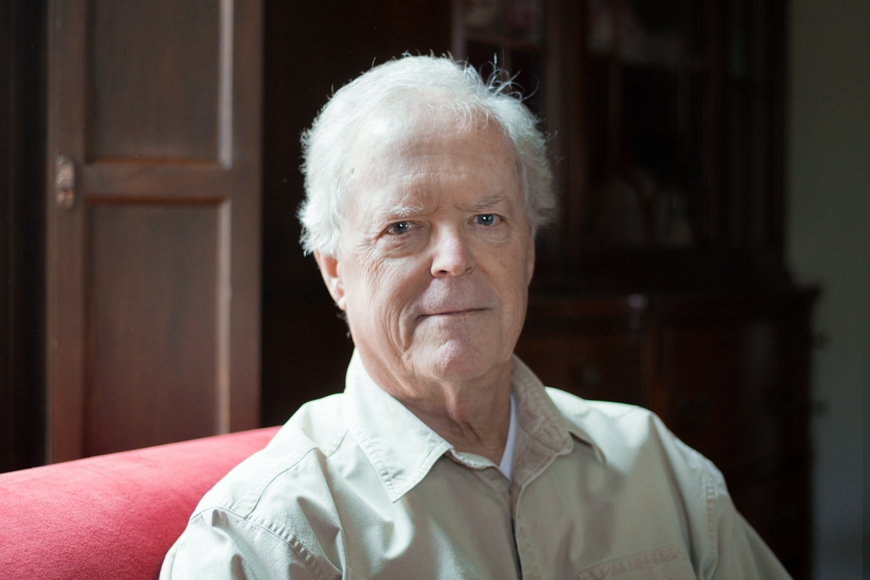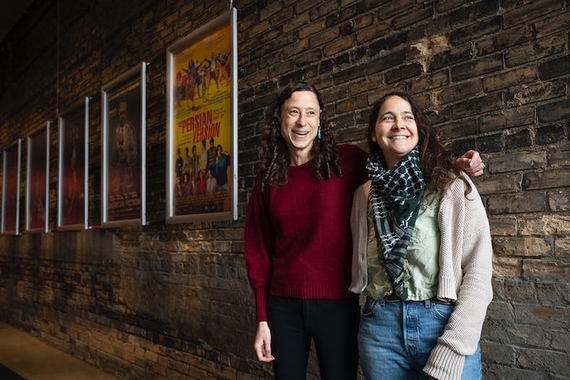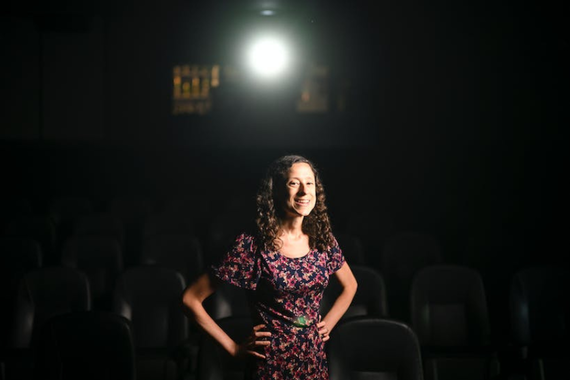Navigating the Culture Wars
Adversity builds character and hardship gives rise to change. In the case of the Department of Cultural Studies and Comparative Literature, it was the culture wars of the 90’s that brought changes to the curriculum. According to Regents Professor Emeritus Richard Leppert, in terms of academic studies, the change was for the better. “I think any department that should survive needs to evolve because the world doesn’t stand still,” he says. “Research changes, voices that haven’t been heard get heard.” From 1973 until his retirement in May 2018, Leppert has been with the department through its evolution.
Out of the Dark
The culture wars of the 1990s took a toll on what was simply known back then as the humanities department. All over the nation, there was a call to cut back on funding for humanities programs at universities as “the national endowment for the humanities was politicized under the Reagan administration,” Leppert explains. The hardships from this politicization came to what seemed like the end in 1992, but “a few months later we were designated to be closed,” he recalls. Throughout the turmoil, however, all was not lost. Rather than folding during challenging times, the humanities department joined with the comparative literature department and moved forward toward a better future.
With the evolution of a department come new courses. Leppert himself developed a course on film music about a decade ago. The class, CSCL 5666, is still offered and will be available in spring semester 2019. “I’ve been writing on film music now for about 20 years, and that was a course for both advanced undergrads and grads… it was hugely fun. I got terrific students from our department, from music, from communication studies, and even some people from other colleges.” Leppert credits this diverse crowd to the University’s history of hosting many different fields of knowledge. “Minnesota has a long tradition of supporting interdisciplinary studies. For instance, it was one of the very first that developed a department in women’s studies,” Leppert says. “So you know it was a pretty welcoming place for that kind of interdisciplinary research and teaching.”
The main intent of the department is still to connect interdisciplinary and critical thinking. “Our courses seek to connect cultural ‘conversations’ of various sorts, in music, visual media, philosophy, literatures, social phenomena, and the like in ways that help to illuminate human history,” Leppert explains. The CSCL department looks to teach its students how to analyze a wide range of forms of cultural expression “by providing deeper insight into the matter at hand than would be possible by looking at only a single aspect or discursive expression,” he says.
A Love of Teaching
“I loved teaching from the moment I started and until the day I retired,” Leppert says. Over the course of his 45 years with the department, Leppert cherishes one feeling above all others: “The high point in teaching for me was the realization that I could help to make students more aware of the complexities of societies and cultures or—put differently—the challenges facing the world we inhabit.”
Leppert retired after forty-five years of teaching in May 2018. During his tenure he served for fifteen years as department chairperson, he held the Regents Professorship and two endowed professorships, and he was awarded two all-University teaching awards. Leppert published eleven books and more than fifty essays; he has lectured at nearly sixty national and international colleges and universities. Over the years, he helped develop the CSCL department, all the while devoting his life to stimulating the minds of undergraduates and graduates across the Twin Cities.
This story was written by an undergraduate student in CLA.



